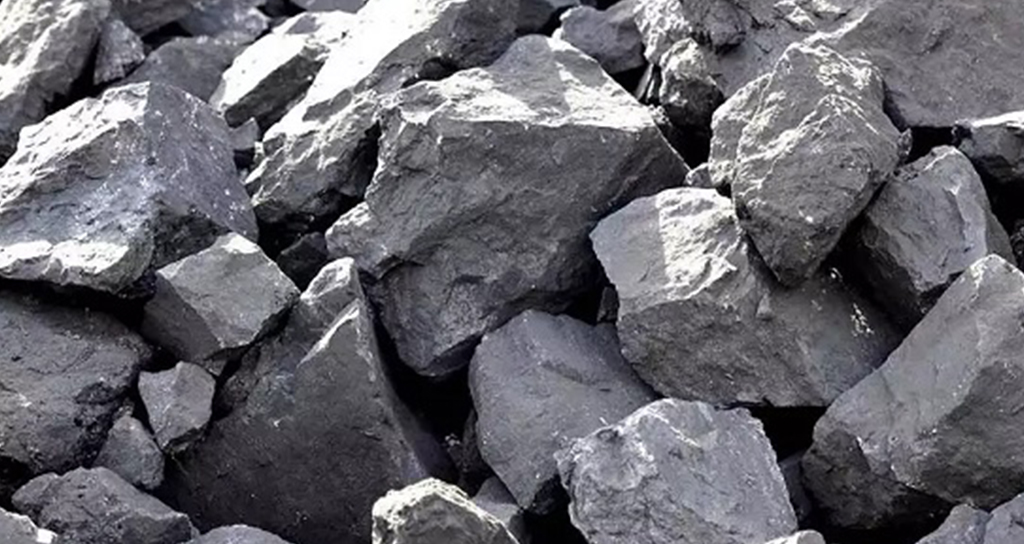iron ore Mining in tanzania
Iron ore mining in tanzania
Iron ore mining is another important sector in Tanzania’s mining industry, although it hasn’t reached the same level of prominence as gold or diamond mining. Tanzania has significant iron ore deposits, primarily located in the Liganga area in the southwestern part of the country.
The Liganga iron ore project is one of the most significant iron ore developments in Tanzania. It is estimated to contain over 1 billion tonnes of iron ore reserves, making it one of the largest iron ore deposits in Africa. The project includes the development of iron ore mines, a steel mill, and associated infrastructure.
The government of Tanzania has been actively promoting the development of the Liganga project to boost the country’s industrialization efforts and reduce reliance on imported steel products. In recent years, there have been efforts to attract investment and develop the necessary infrastructure for the project.

Key Iron Ore Locations
Liganga (Njombe Region): This is the most significant deposit, containing over 1 billion tonnes of iron ore with associated vanadium and titanium.
Uluguru Mountains: Another potential location for iron reserves.
Mayamaya-Hombolo Belt (Dodoma Region): Contains ferruginous quartzites and ironstones.
The Liganga and Mchuchuma Projects
Products and Economic Significance
Frequently Asked Questions About Iron ore mining In Tanzania
1. Does Tanzania have iron ore reserves?
Yes. Tanzania is estimated to have over 3 billion tons of iron ore deposits, with key reserves located in Liganga (Njombe Region), Maganga Matitu, and other parts of southern Tanzania.
2. How important is iron ore to Tanzania’s economy?
Iron ore is critical to Tanzania’s industrialization agenda. The government has prioritized iron and steel projects to reduce imports, create jobs, and support infrastructure development.
3. Can foreign investors engage in iron ore mining in Tanzania?
Yes. The iron ore sector is open to foreign investment under Tanzania’s Mining Act, with requirements for licensing, local content participation, and compliance with regulations.
4. What licenses are required for iron ore mining?
Investors need a Prospecting License (PL) for exploration, and a Mining License (ML) or Special Mining License (SML) for extraction depending on project size.
5. Who regulates iron ore mining in Tanzania?
The Ministry of Minerals and the Mining Commission regulate exploration, licensing, safety, and compliance for iron ore mining projects.
6. What opportunities exist in iron ore mining?
Tanzania offers opportunities for investment in steel manufacturing, export markets, and local industrial use, as demand for construction materials and infrastructure projects continues to grow.
7. What challenges exist in iron ore mining?
Challenges include high capital requirements, infrastructure development, and ensuring environmental compliance. However, government support for strategic projects provides incentives and stability.
8. How do mining consultants in Tanzania help investors in iron ore projects?
Mining consultants in Tanzania assist with feasibility studies, licensing, regulatory compliance, environmental planning, and stakeholder engagement to ensure successful, profitable operations.
9. Is iron ore mining in Tanzania sustainable?
Yes. Tanzania mandates environmental and social impact assessments (ESIA) for all large projects, ensuring sustainable mining practices that balance profitability with community and environmental benefits.

Ready to invest in Tanzania's mining sector? Lets help you.
Partnering with us as your mining consultants in Tanzania ensures a professional, end-to-end approach to mineral and gas exploration, enabling clients to make informed decisions and achieve successful project outcomes. Whether launching a new exploration venture or optimizing an existing operation, our comprehensive services are designed to support your goals at every stage of the process.
